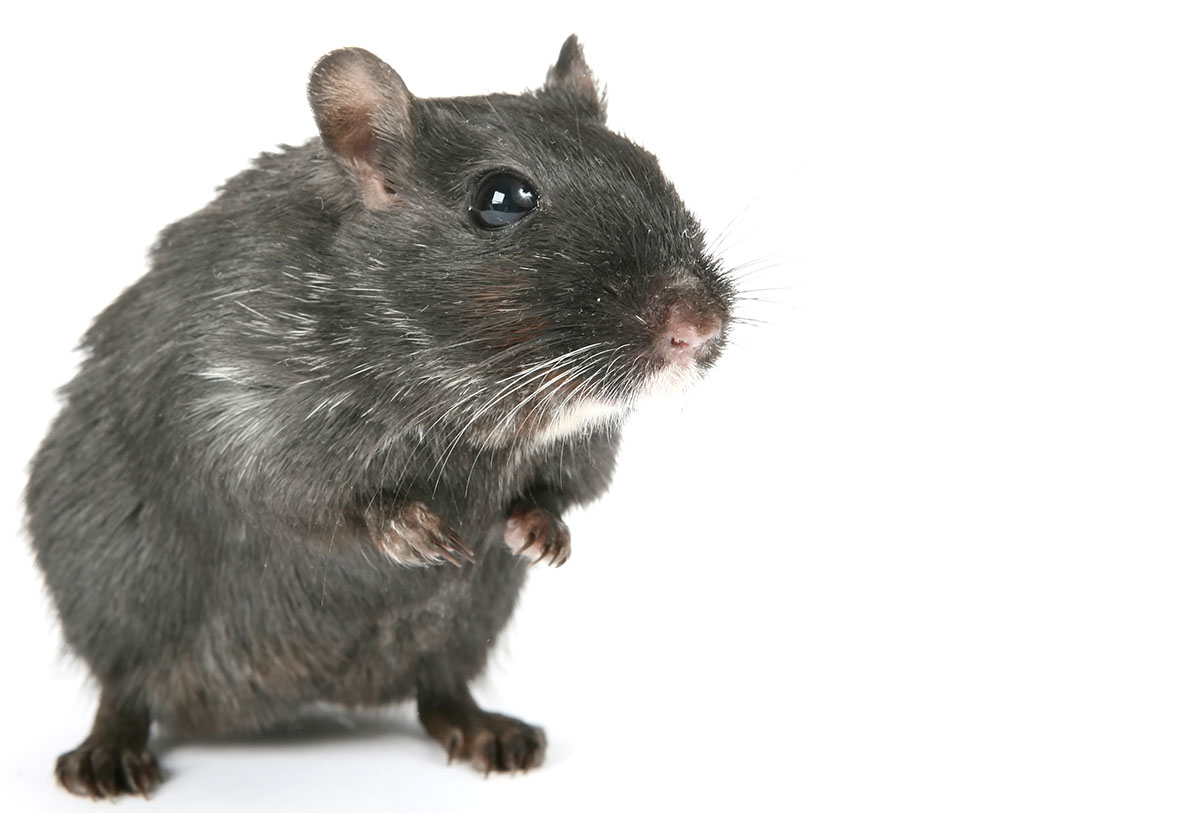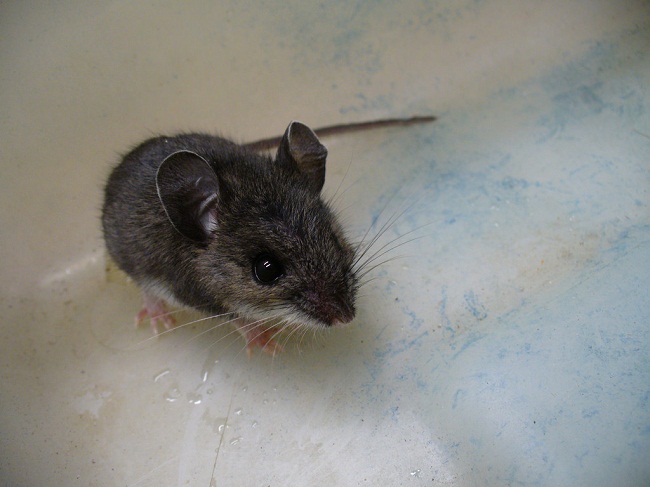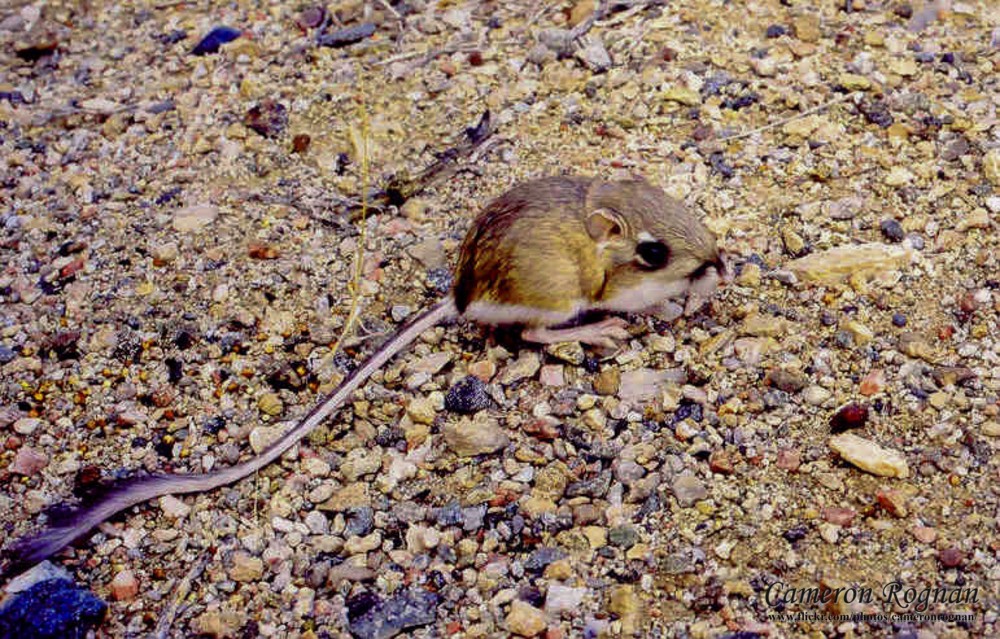

A recent study has shown that aging-related changes in gut microbiota may influence the outcome of experimental stroke in mice. Antibiotics-induced changes in the gut flora provide neuroprotection against brain ischemia in mice. Studies have shown that gut microbiota can modulate inflammatory responses in the brain after brain ischemia. For example, brain immune cells in old rodents may be in primed status and can have an exaggerated response to stimulation to produce proinflammatory cytokines that are known to worsen neurological outcome after brain ischemia. Multiple factors may contribute to this phenomenon. A similar situation has been shown in animal studies. The outcome of ischemic stroke in elderly patients is worse than that in young patients. Stroke is a leading cause of death and morbidity in the world and often occurs in elderly patients.
#Are mice nocturnal rodents free
Valeric acid may activate free fatty acid receptor 2 to increase interleukin-17. These results suggest that the gut microbiota-valeric acid-interleukin-17 pathway contributes to the aging-related changes in the outcome after focal brain ischemia and response to stimulus. Old mice transplanted with young mouse feces had less body weight loss and better survival curve after brain ischemia than old mice transplanted with old mouse feces or old mice without fecal transplantation.

Neutralizing interleukin-17 in the blood by its antibody improved neurological outcome and attenuated inflammatory response in mice with brain ischemia and receiving valeric acid. The increase of interleukin-17 caused by valeric acid was inhibited by a free fatty acid receptor 2 antagonist. Valeric acid worsened neurological outcome and heightened inflammatory response including blood interleukin-17 levels after brain ischemia. Old mice and young mice transplanted with old mouse gut microbiota had an increased level of blood valeric acid.

Young mice with transplantation of old mouse gut microbiota had a worse neurological outcome, poorer survival curve, and more severe inflammation than young mice receiving young mouse gut microbiota transplantation. Old C57BL/6J male mice (18 to 20 months old) had a poorer neurological outcome and more severe inflammation after transient focal brain ischemia than 8-week-old C57BL/6J male mice (young mice). However, the mechanisms for this worsened neurological outcome with aging are not clearly defined. Aging is a significant risk factor for ischemic stroke and worsens its outcome.


 0 kommentar(er)
0 kommentar(er)
